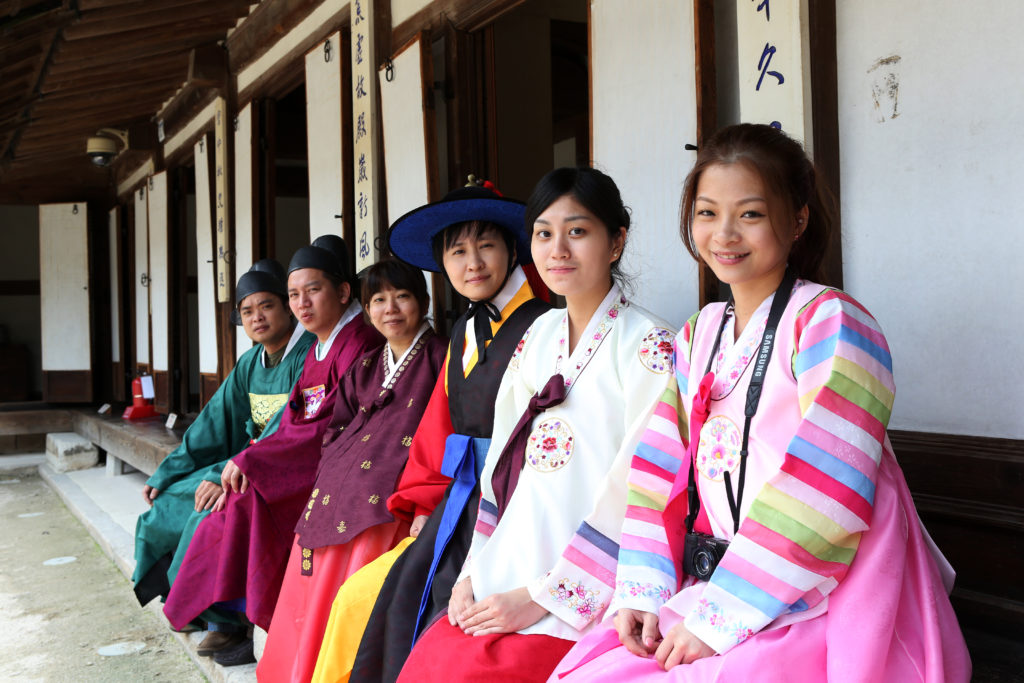The Peninsula
Seoul Offers Coronavirus Relief Funds to Foreign Residents

What Happened
- The Seoul government has decided to include foreigners in its disaster relief payout scheme linked to the COVID-19 outbreak.
- Under this program, the city will pay up to 500,000 won (USD 421) to households whose income is below the median income.
- In June, the National Human Rights Commission of Korea advised that Seoul not exclude foreign residents from the assistance program without a reasonable cause.
Implications: Seoul’s decision to distribute relief funds to foreign residents is primarily motivated by its desire to relieve the economic stress of the coronavirus pandemic. Despite previous calls for the equal treatment of foreigners under the cash payout program, the municipal government had largely left them out of consideration. However, now that South Korea faces a new spike in COVID-19 cases, authorities are seeking to help more households cope with the potential financial fallout from the virus. This indicates that the government is more concerned about keeping the country’s economy afloat than it is about discriminating against its foreign population.
Context: In March, the South Korean government granted coronavirus relief funds to 70% of the country’s households. This plan excluded a majority of foreigners from receiving the one-time cash support, with the exception of those who are married to Korean citizens or hold permanent residency visas. Foreigners and migrant workers living in South Korea were the first to be hit economically by COVID-19, as many of them fill jobs with poor working conditions in the manufacturing, agricultural, and fishing sectors.
This briefing comes from Korea View, a weekly newsletter published by the Korea Economic Institute. Korea View aims to cover developments that reveal trends on the Korean Peninsula but receive little attention in the United States. If you would like to sign up, please find the online form here.
Korea View was edited by Yong Kwon with the help of Sophie Joo, Sonia Kim, and Chris Lee. From the flickr account of the Republic of Korea
